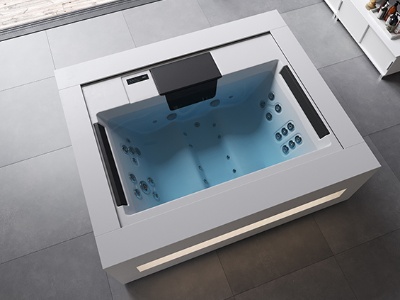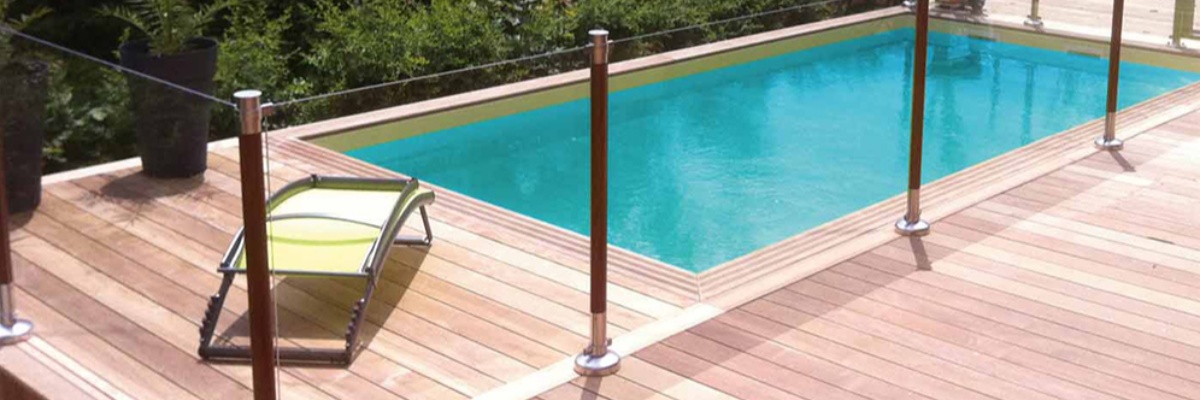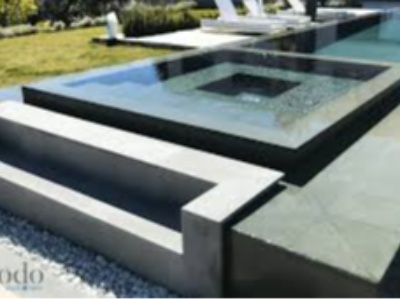
Owning a private pool implies significant legal responsibility. In France, the law imposes strict standards to prevent accidents, particularly the drowning of children. Failure to comply with these obligations can result in heavy financial penalties and the owner can be held civilly and criminally liable in the event of an incident.
Why is swimming pool safety regulated by law?
Every year, people drown in private swimming pools, often due to a lack of adequate safety devices. In order to limit these tragedies, the law of 3 January 2003 requires owners of in-ground and semi-inground swimming pools to install at least one piece of protective equipment in accordance with the regulations. These measures are intended to prevent unintentional access to the pool, particularly for children under the age of five. All private in-ground and semi-inground pools, whether for family use or available for seasonal rental, must comply with these standards. However, above-ground, inflatable or removable pools are not subject to these obligations, although it is strongly recommended that their access be secured.Mandatory safety devices
The law requires the installation of at least one of the following devices:- Safety barrier: It must be at least 1.10 metres high and designed to prevent a child under the age of five from climbing over or opening it alone.
- Pool alarm: This can be perimeter (detects movement around the pool) or underwater (detects falls into the water).
- Safety cover: This must be able to support the weight of a child and prevent accidental access to the water.
- Pool enclosures: They must completely cover the pool and be lockable to prevent them from being opened by children.




